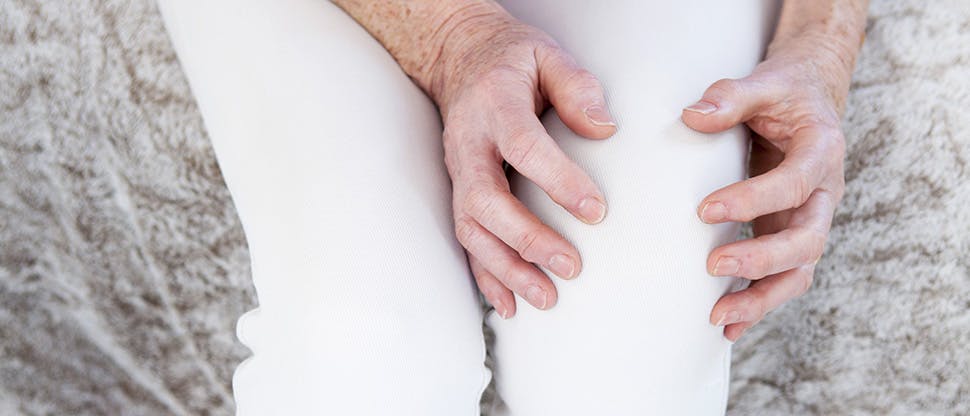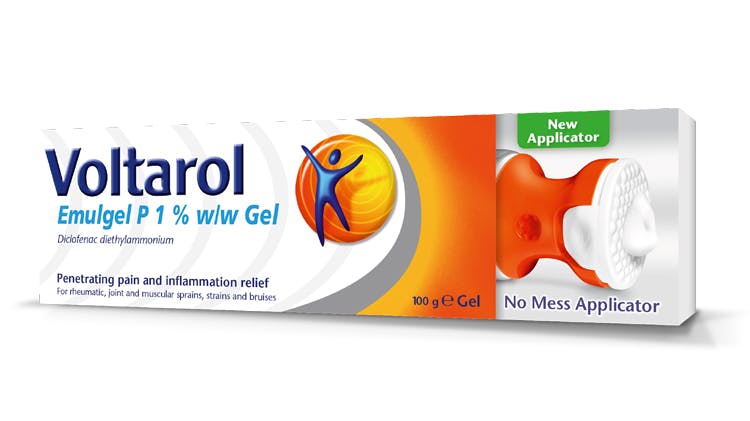Joint pain: Overview

Pain in the joints
Joint pain is a very common complaint that can have a variety of different aetiologies.1–3
Appropriate management of joint pain can help control symptoms and reduce disability.4,5
Joint pain is a common problem
Joint pain can be disabling

Joint pain impairs mobility and reduces quality of life10
Pain, inflammation or stiffness in the joints may affect people’s ability to move freely and perform simple daily tasks, and can reduce self-esteem and limit ambitions.1,11
- 77% of people with joint pain report that their pain impacts their day-to-day lives1
Meet Nora and Wendy

Nora
Nora is 55 and tries to stay active by gardening and going for walks.
She wakes with joint pain and stiffness each morning, so activity can sometimes be a struggle, but does not want her pain to control her life or her choices.
She wants sustained relief from her pain so she can do the things she enjoys, like walking and spending time with her grandchildren. However, she is concerned about treatment side effects.

Wendy
Wendy is a 50-year-old who has experienced intermittent knee pain for 5 years. The pain disrupts her sleep and limits her previously active lifestyle and social life making her feel anxious and depressed.
She wants effective relief from her pain so she can return to the activities she used to enjoy, like going to yoga classes with her friends and taking long walks with her dog.
Her doctor recommended weight loss and exercise as a remedy. But chronic pain creates a lack of motivation and she feels her pain prevents her from exercising.
Wendy is frustrated and is looking for a solution that does not involve yet another pill.
Understanding joint pain
Signs and symptoms
Explore an overview of how to recognise joint pain and know when to refer patients.
Learn more

Voltarol Emulgel Extra Strength 2% w/w Gel
See how Voltarol Emulgel Extra Strength 2% Gel can help your patients, with just twice daily application.
